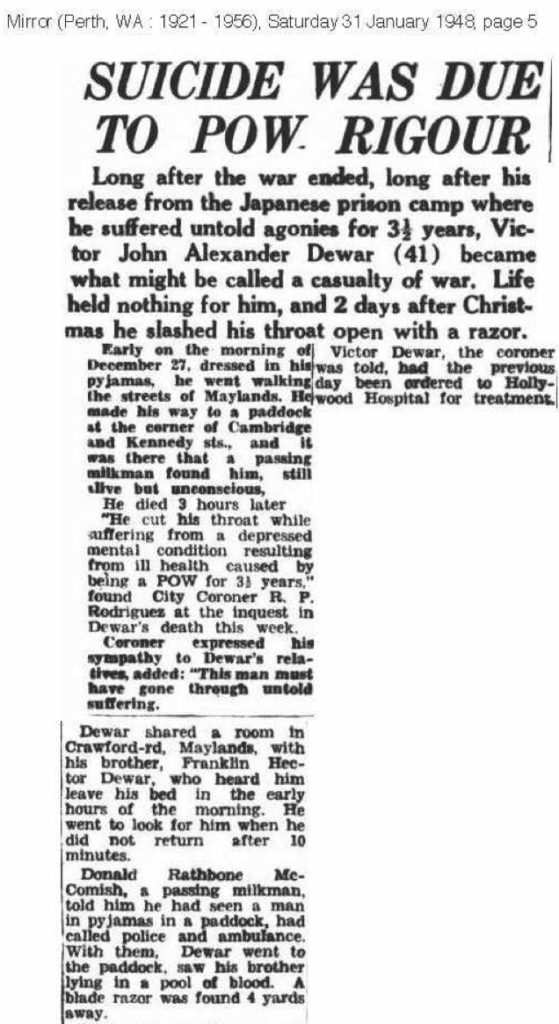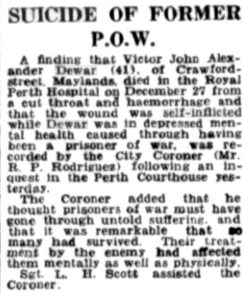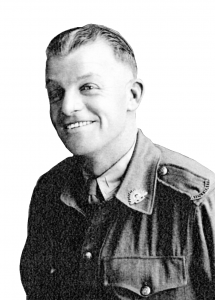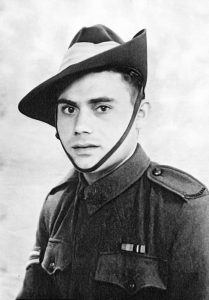The ongoing after affects of war are well-documented. We are familiar with WW1 trench warfare resulting in large numbers of soldiers never recovering from shell-shock – so many never left the institutions they entered on their return to Australia.
WWI also resulted in prisoners of war – their treatment was so neglectful and appalling; men died from lack of medical care and food.
History shows the devastation of war not only for the soldiers but also the civilian population. Vietnam, Cambodia, Korea, China and in the previous century it was the Boer War where large numbers of civilians starved to death, American Civil War with shocking loss of life and large numbers of captured soldiers starved and died of injuries. Crimean War, Napoleonic Wars and as we go back further into history we know only too well the cruelty of war.
WW2 would be no different.
However the very large numbers of Australian and Allied soldiers who became prisoners of war of the Japanese Imperial Army was an issue never imagined by governments of the day (or perhaps they did) and the civilian population. Their greatest fear was the death and maiming of soldiers. The Germans had treated prisoners of war with a degree of humanity during WW1 and again those incarcerated during WW2.
For the Japanese Imperial Forces there would be no ‘degree of humanity’ for their ‘asian neighbours’ nor their European enemies. No recognition of the Geneva Convention for the treatment of prisoners of war.
Having surviving 3 1/2 years of incarceration and returning home many former soldiers discovered to their total dismay ‘their hell’ never ended. They had endured physical injuries, long-term illnesses resulting from years of starvation, unbelievable and appalling work and living conditions, regular and irrational inhumane punishment, beatings and humiliation. These POWs were unable to respond as nearby his mate was beaten mercilessly by not one sadistic guard, but as many as 4 or 6 guards, and often died soon after from the injuries received.
How does one recover?
Surviving POWs would learn of the deaths of their mates – sometimes months and months after the war ended, as did the families.
Mental illnesses were not discussed nor treated. Former POWs were advised by the army to ‘get on with their lives’ and not to talk about their years of incarceration – well who would believe their stories anyway?
Memories of survival were unbelievable and so often the men themselves were unable to believe what had taken place. The results were suicide, marriage break-downs – sometimes with violence, alcohol addiction, inability to work nor function and never-ending and ongoing physical illnesses and disabilities.
For some POWs who were in Japan – they suffered the long term affects of radiation from the atomic bombs.
The men of WW2 enlisted having survived the depression of the 1930’s. Work was hard to find, no regular income, work places often unsafe resulting in injuries and sometimes death. There was no money for family sickness and doctors. More often than not, times were so tough there was no money for sufficient food on the table. Sons and daughters had to leave school early to gain employment. Desperate men and families walked off farms.
Young Western Australian men, whether married or single enlisted because they saw it as a means to regular income. Others, particularly the younger men, saw it as an opportunity to travel, for adventure and to see the world!
Lastly were those who enlisted because of their strong sense of patriotism. We have to remember this generation had grown up on the back of WWI – there were War Memorials listing endless numbers of dead, regular services in every country town, the suburbs and large cities. Stories and legends evolved of Aussie bravery, skilled horsemen, resilience and single-mindedness on the battlefields of Europe, Gallipoli and middle east. The poetry and writings of soldiers left lasting memories across Australia, passing from one generation to the the next.
And what of men such as Bean and other historians? So began the legend of the Anzac soldier, the stories, the memories, legends and myths. It is a an important part of our heritage of which we are proud.
We can ourselves ‘did these enlisting men forget the veterans without limbs and there were plenty, forgot about the uncle who ‘hadn’t been right’ since returning from the Front. Did they forget about the ‘Men’s Homes’ filled with not only mentally ill but the limbless and the damaged who were unable to work – never knowing nor returning to their former lives. We also now know men who did not enlist may have received a white feather?’
As POWs of Japan there was little opportunity for writing poetry or bravery. It was about survival and death and so often luck.
Below are some tragic stories found in 2/4th Machine Gun Battalion returned soldiers. This does not include the men who returned to find their wives ‘gone’, family tragedies and deaths they were unaware of, those who had children no longer recognised their fathers, their siblings grown up, parents aged and girlfriends married. The world had changed without them.
How difficult was it to settle back to ‘normal life’?
We know they sought each other out to be able to feel connected.
It was not until the late 1960’s, 1970s onwards when former POWs began writing and publishing their memories and stories did the world really know what took place. Officers had written and submitted their diaries, with some diaries showing the writer in glowing with braveness for official records, however much of these records did not include the realities, nor the detailed day-to-day lives of working POWs. Too often officers remained detached from their men – they were good leaders on the battlefield but failed dismally as leaders of POWs – unable to adapt and provide essential leadership for POW men. Too often officers enjoyed the privilege of extra foods when their men were not only starving but working 12-18 hours daily, particularly on the railway.
Former POWs talked glowingly of the various doctors they encountered who provided not only medical care and leadership but often just a few words of encouragement or a few moments of caring of which there was so little.




During a Fall of Singapore Service a very emotional Peter Dimopoulos, then in his 80’s spoke of his sincere and deepest regret and apologised on behalf of the men of 2/4th who traumatised and broke the lives of wives and families as he had done.
It took much courage for Peter to talk of his personal regrets to the gathering at the service.
During a Fall of Singapore Service an emotional Peter Dimopoulos spoke of his sincere and deepest regret and apologised on behalf of the men of 2/4th who traumatised and broke the lives of wives and families as he had done.
